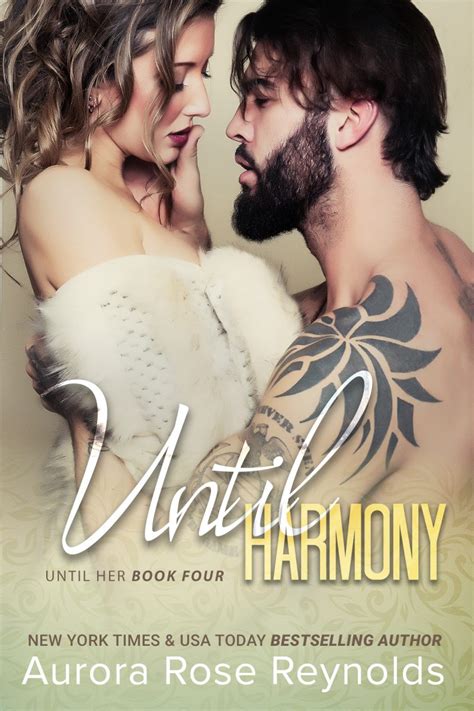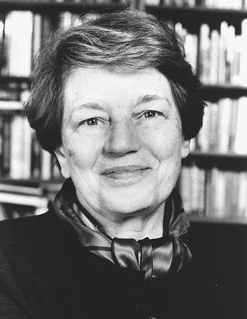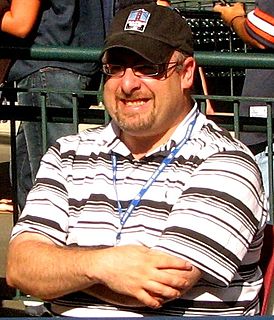A Quote by Lev Grossman
I read a lot of literary theory when I was in graduate school, especially about novels, and the best book I ever read about endings was Peter Brooks' 'Reading for the Plot. '
Related Quotes
And if I'm guilty of having gratuitous sex, then I'm also guilty of having gratuitous violence, and gratuitous feasting, and gratuitous description of clothes, and gratuitous heraldry, because very little of this is necessary to advance the plot. But my philosophy is that plot advancement is not what the experience of reading fiction is about. If all we care about is advancing the plot, why read novels? We can just read Cliffs Notes.
The first comic I can remember ever reading was a 'Fantastic Four' issue that my dad bought out of the drugstore once. The thing that struck me about it was that the ending wasn't an ending. It was essentially a cliffhanger. It was the first time I had ever read anything like that, where you read a book, but the book isn't the book.
For most people, what is so painful about reading is that you read something and you don't have anybody to share it with. In part what the book club opens up is that people can read a book and then have someone else to talk about it with. Then they see that a book can lead to the pleasure of conversation, that the solitary act of reading can actually be a part of the path to communion and community.
Literary men now routinely tell their readers about their divorces. One literary man who reviews books wrote, in reviewing a study of Ruskin, that he had never read a book by Ruskin but that the study confirmed him in his belief that he didn't want to read a book by Ruskin. This man very often writes about his family life.
There is something I keep wanting to say about reading short stories. I am doing it now, because I many never have another occasion. Stories are not chapters of novels. They should not be read one after another, as if they were meant to follow along. Read one. Shut the book. Read something else. Come back later. Stories can wait.
I read reviews and consider myself pretty 'plugged in' to the literary cosmos, yet one of the things I love best about book-touring is the opportunity to compare notes with favorite booksellers around the country. I always come home with books by authors I'd never heard of - or books I've read about but didn't realize I might love.
'The Sword of Shannara' is about two brothers who find themselves on an epic quest to save humanity. It borrows from 'Lord of the Rings' but is still original in its own right. I read it in three days, then reread it, then went out and found every single book Terry Brooks ever wrote, and read all those.
The second book, which was probably more from a professional standpoint - when I read Junot Díaz's Drown, I was like, Oh my god, you can write these stories and people will actually read them beyond your own little community. This guy's book is blowing up and it seems like [he's writing about] the neighborhood that I grew up in. That was a big deal. I read that in graduate school, so that's when I was really taking writing seriously, but I didn't know you could do it. I didn't know you can actually be an author. It was a weird epiphany.





































